By Firmain Eric Mbadinga
As the sun set on the last weekend of February, a new dawn broke on the horizon for three West African neighbours bound by a shared history of political and social turbulence triggered by coups d'état since 2021.
The regional bloc ECOWAS's decision to lift some of its economic and other sanctions on Mali, Niger and Guinea with immediate effect brings to a full circle what many had feared was an irrevocably strained relationship.
For Mali and Niger, which declared on January 28 that they were exiting ECOWAS and forming a separate confederation along with Burkina Faso, the new development possibly puts things back on the drawing board.
For now, the public mood defines the response to what transpired over the weekend at the ECOWAS summit in Nigeria's capital, Abuja, on February 24.
Besides reopening the shut borders and revoking the diktat to airlines to overfly Niger, the regional bloc has lifted restrictions on recruitment from Mali to professional posts within ECOWAS institutions.
The scope and geopolitical impact of the measures are still to sink in, but what's known is that citizens of Mali, Niger and Guinea are as optimistic as they are relieved at the reopening of borders and lifting of economic sanctions, especially those directly impacting their livelihood in the immediate term.
Issifou Issa, who owns a hotel in Niger's capital city of Niamey, looks forward to the all-pervasive gloom dissipating but can't help looking back at what happened with a sense of angst.
He is among many people who believe that in taking steps against the junta, the general population should have been given special consideration.
"Those who decided to clamp sanctions didn't do so to please the people of Niger. They did it knowing that the move would have a negative impact. I don't know, maybe the steps didn't meet their expectations, especially as the people of Niger have been able to survive," he tells TRT Afrika.
Issa, whose revenue from the hotel has been in a freefall since the sanctions kicked in, is hoping the tide turns soon.
Hurting sanctions
The coup d'état that brought Col Assimi Goita to power in Mali occurred in May 2021. Sanctions declared by ECOWAS against his regime kicked in on May 30, getting stronger and stricter over time.
On November 7 of that year, the regional bloc imposed a travel ban and froze the financial assets of Mali's transitional administration.
Among other measures, since January 2022, ECOWAS has kept land and air borders shut between Mali and affiliate countries of the bloc.
It has also suspended commercial transactions with Mali, except those involving medical products and basic necessities.
Guinea has been facing sanctions since 22 days after the putsch of September 5, 2021. Among other steps, ECOWAS froze the financial assets of members of the junta alongside clamping a travel ban. All financial transactions in favour of Guinea by ECOWAS-affiliated financial institutions were barred.
Niger was the latest to join the ranks of countries suffering the two-pronged blow of a coup d'état against the elected government of deposed President Mohamed Bazoum on July 26 last year, followed by ECOWAS sanctions on the transitional administration led by Gen Abdourahamane Tchiani.
The West African bloc also suspended commercial transactions and electricity supply from neighbouring Nigeria after the coup.
In all three countries, the proposed lifting of sanctions was linked to restoring civilian rule.
The Niger junta was also asked to release ex-President Bazoum and his family safely.
The three countries have not yet commented publicly on the lifting of the sanctions by the regional bloc.
Out of the blue
The almost unexpected lifting of sanctions on February 24 is seen as the lifting of a cloud that had darkened the lives of millions of people in all three countries.
"I can tell you that it's a real catastrophe in our sector. When borders are closed, airports are practically unusable. Almost all hotels are unable to operate. These sanctions mean months of salary arrears and pending electricity bills," says hotel owner Issa.
"The consequences are enormous. Those who decide our fate cannot imagine the suffering that the people of Niger have endured."
Chérif Mohamed Abdallah Haidara, president of the organisation GOHA International that represents African economic operators, says businesses in all three countries facing sanctions for varying periods are now in the "post-traumatic phase".
"I can assure you that these sanctions made life difficult for us, resulting in huge financial losses," he tells TRT Afrika.
Mohamed Abdallah Haidara couldn't be happier that the sanctions are gone, although he isn't sure their impact would vanish anytime soon.
"The restrictions encouraged the development of the black market, which pushed up prices, particularly of cross-border transport," he says.
In the spirit of appeasement, President Bola Ahmed Tinubu of Nigeria, who currently heads ECOWAS, declared at the summit that the regional bloc should review its approach to inciting or encouraging a return to constitutional order in Mali, Burkina Faso, Niger and Guinea.
Romaric Badoussi, an expert on ECOWAS, sees the latest events as a kind of tug-of-war that seems to be going the way of the junta in Mali, Guinea and Niger.
"In some ways, it marks a capitulation by the bloc. The good news is that we can expect the social and economic situation of the people of Niger to improve," says the Beninese expert.
Isa Abdullahi, the head of the department of economics at the Federal University of Kashere in the Nigeria's Gombe State, says that in addition to the economic improvement, this gesture by ECOWAS should bring order and serenity to the other member countries in a context of rebellion and even mistrust.
"The impact of this policy is that countries that wanted to leave ECOWAS are likely to return. And I think that this is also encouraging for the other member countries."
Abdullahi predicts that an exit from ECOWAS by the countries whose sanctions have been lifted could trigger more inflation.
Kabiru Adamu, a security analyst based in Nigeria, sees a "return to status quo" as the best-case scenario for ECOWAS.
"I think the first implication or relevance of the announcement is that ECOWAS is hoping that these members that are threatening to pull out will return to the fold, and perhaps there will be a commencement of conversation," he tells TRT Afrika.
➤Click here to follow our WhatsApp channel for more stories.




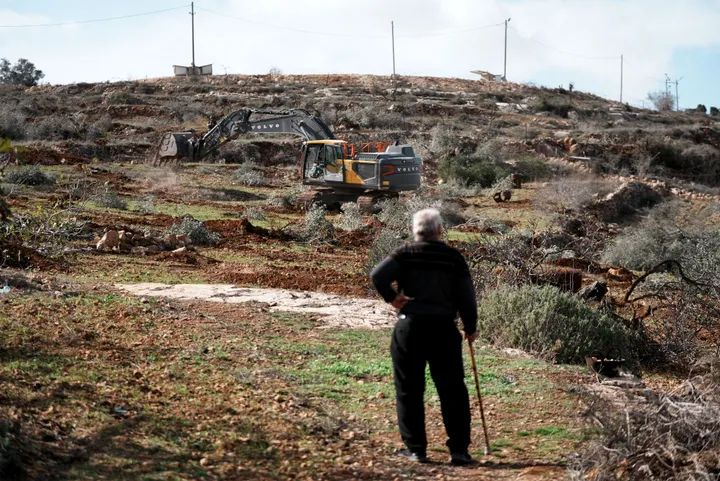









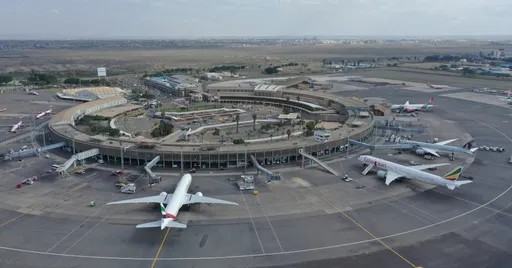
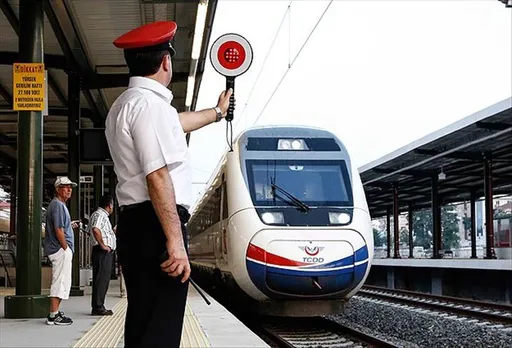

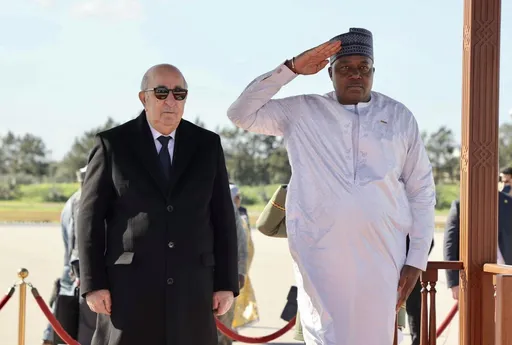
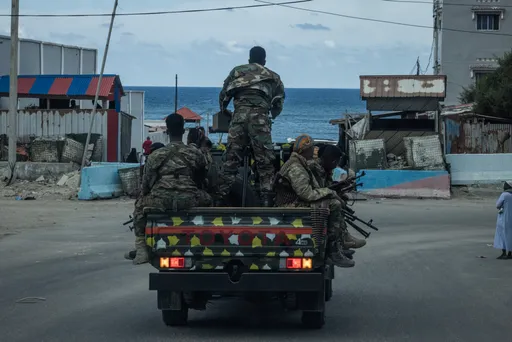

.JPG?width=512&format=webp&quality=80)


